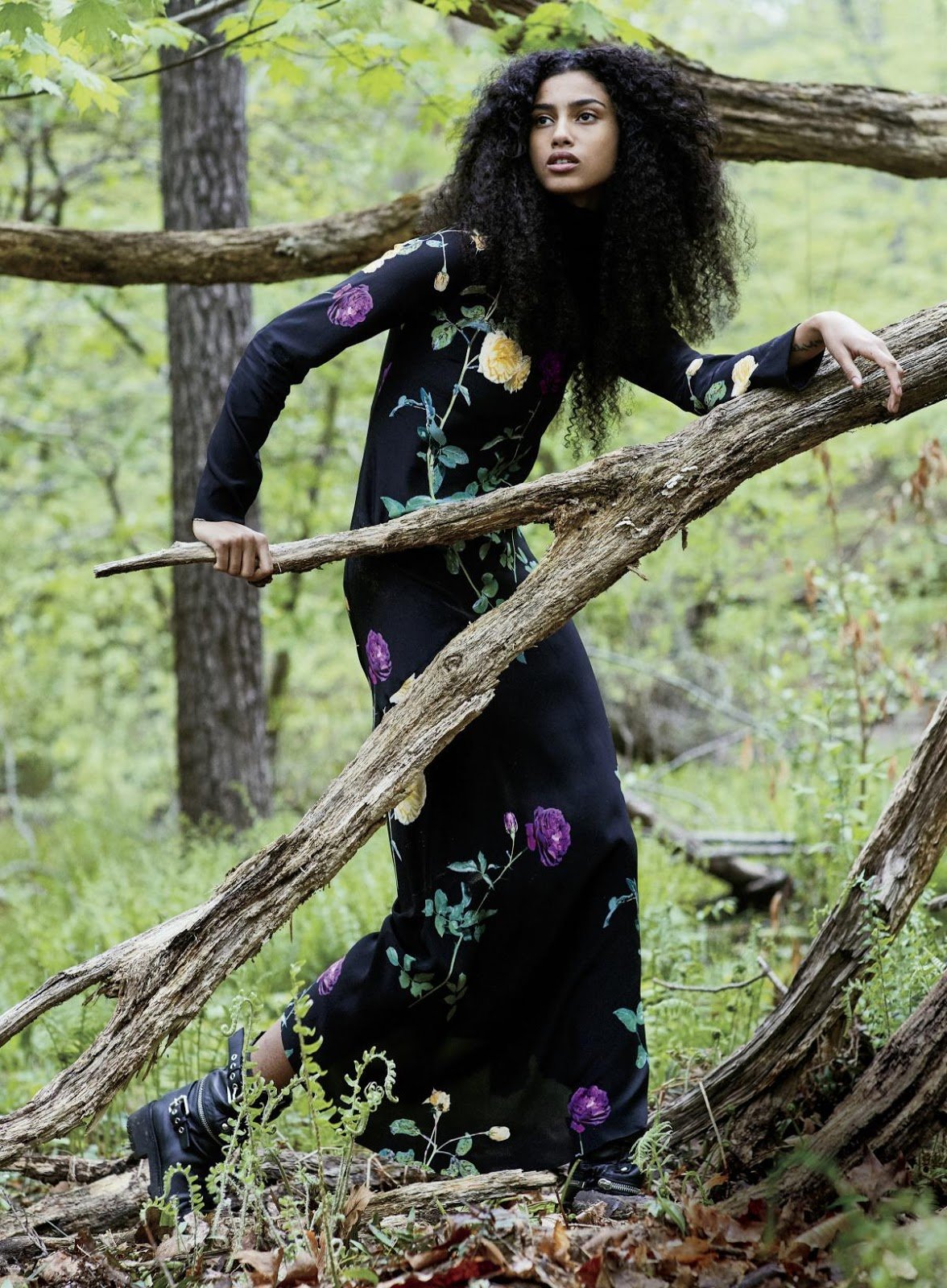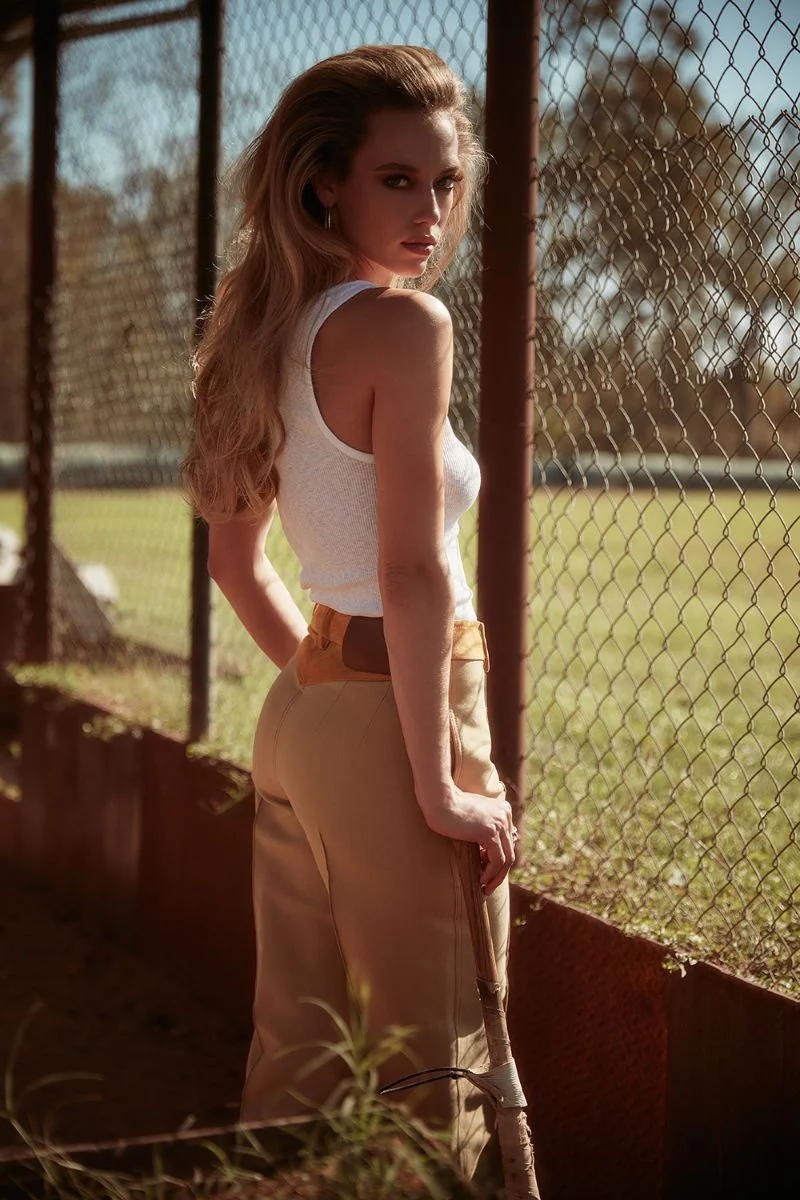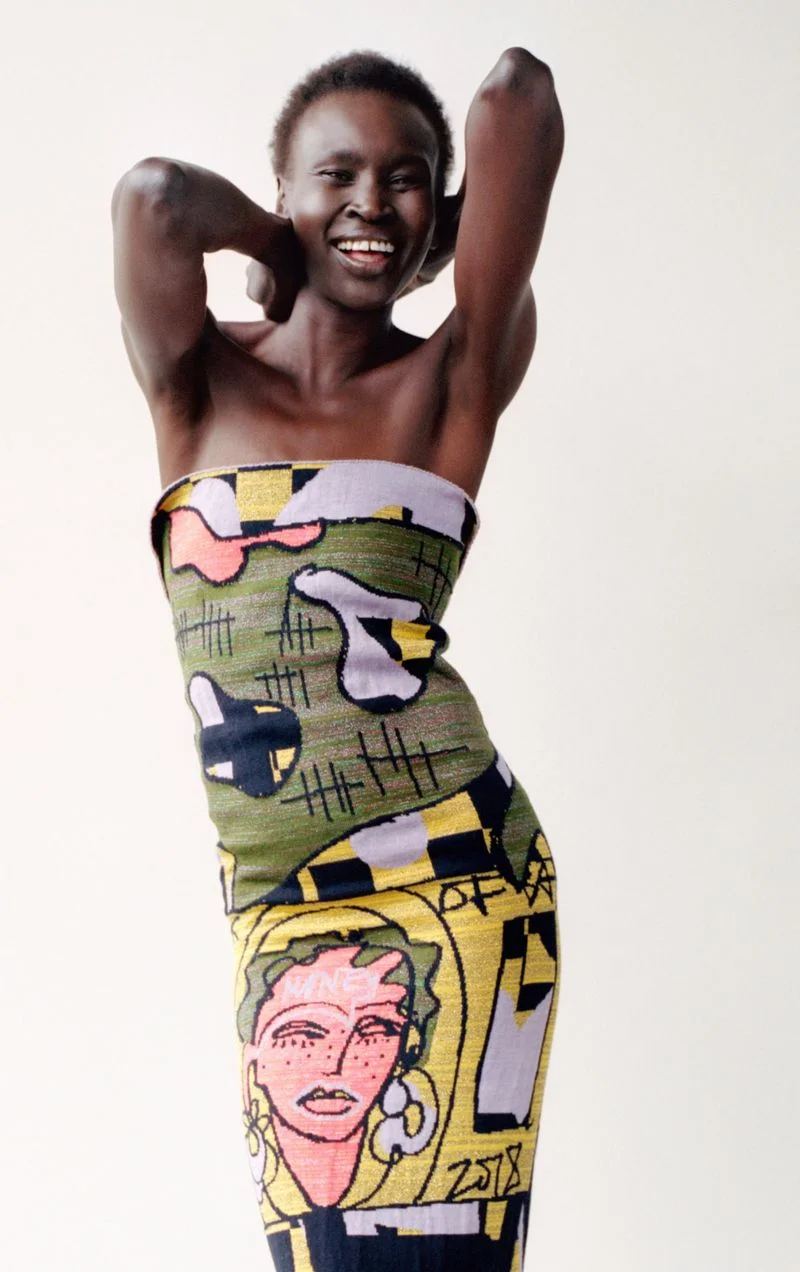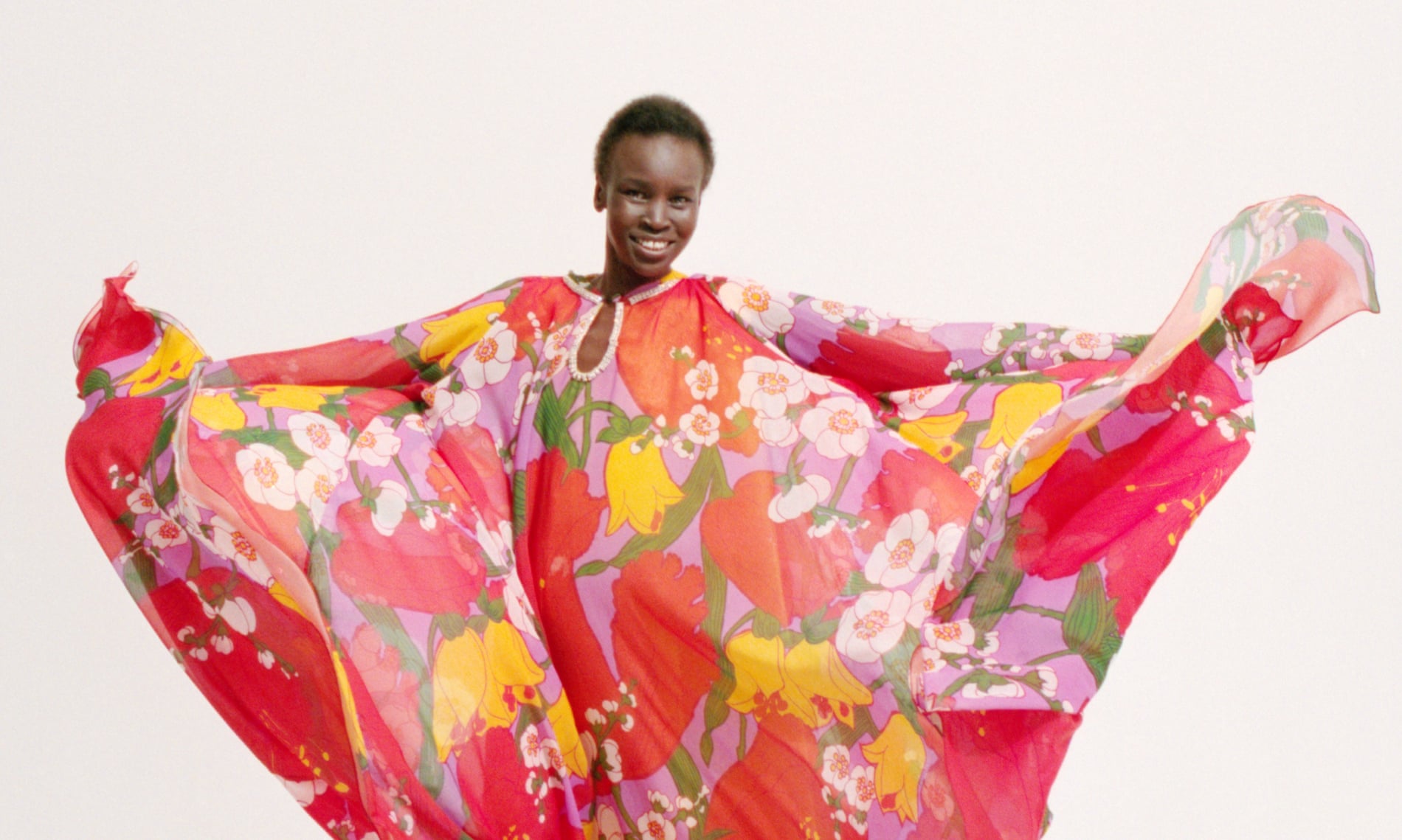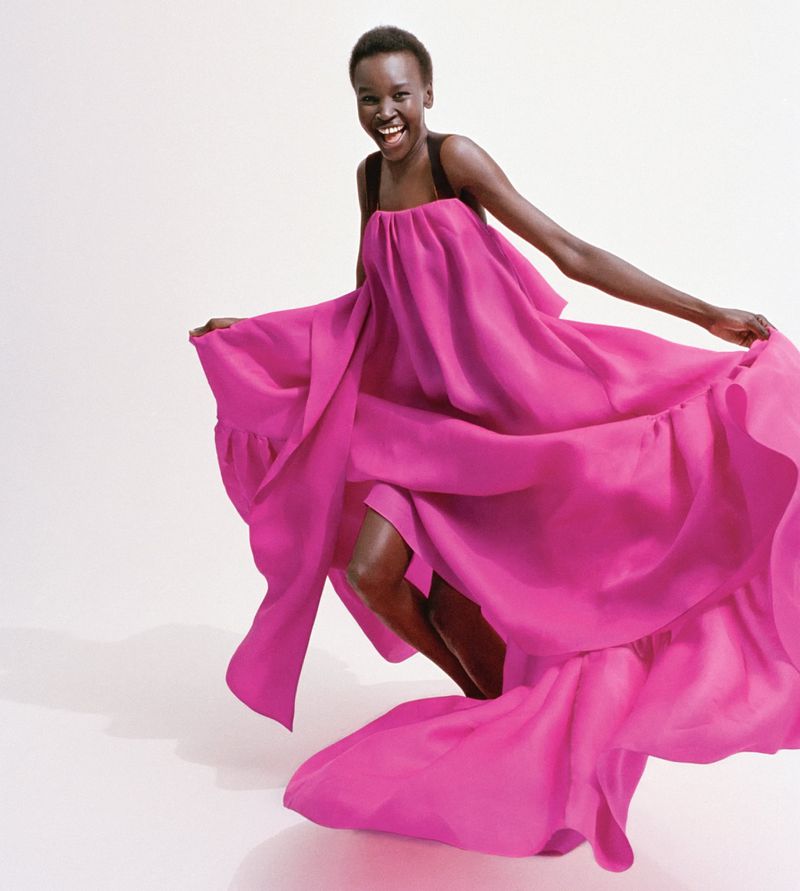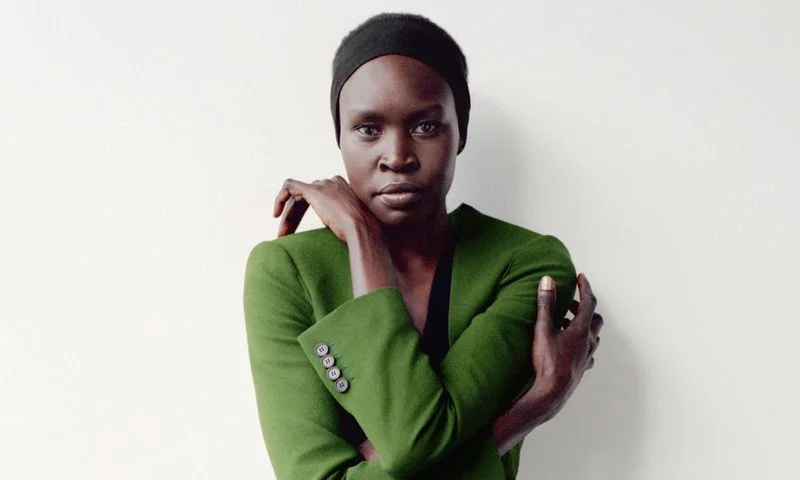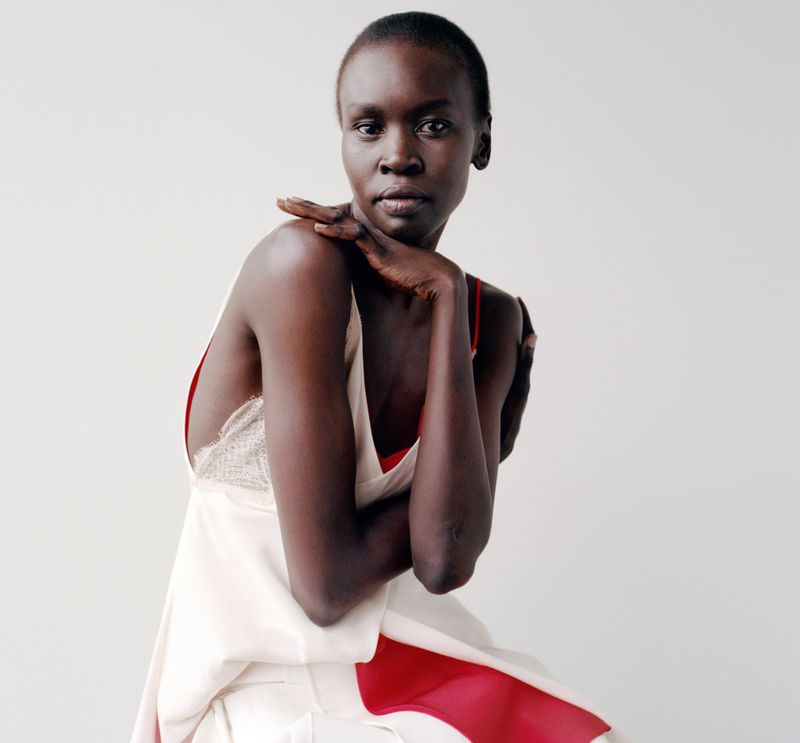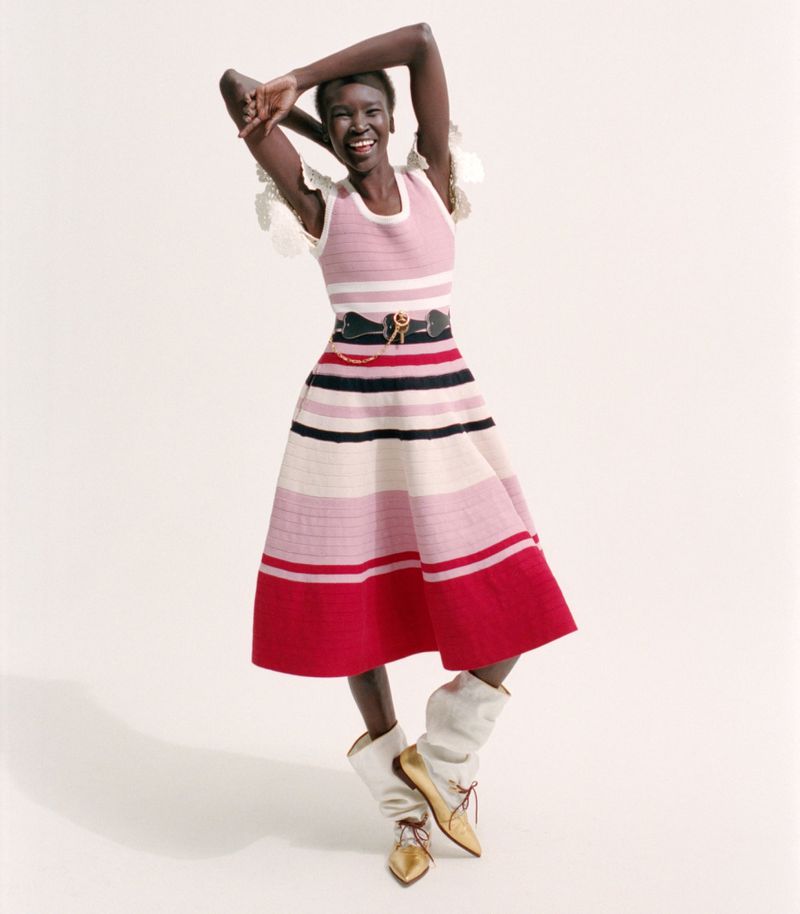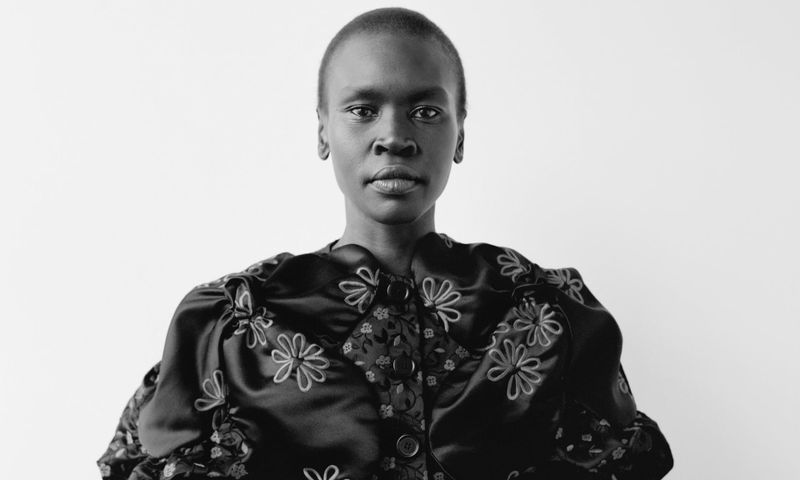Alek Wek Assures Us She Knows What She's Doing In Jody Rogac Images For The Observer Magazine December 2018
/Model Alek Wek is styled by Jo Jones in The Obsrver Magazine UK’s December 2018. Photographer Jody Rogac is in the studio, capturing ‘See this? This is all woman. I know what I’m doing.’/ Hair by Fernando Torrent; makeup by Linda Gradin
Alek Wek is 41, and she doesn’t care who knows it. “The party’s just getting started,” Wek tells Jane Mulkerrins. “To see diversity finally kicking in and being embraced is amazing,” she says. “We’re not there yet – there’s still some way to go, but…” We say ‘Amen’, Alek.
The South Sudanese model was first shot by Steven Meisel as part of a story for Vogue Italia in 1996. A year later she was the first African model to appear on the cover of American ELLE.
Her small role in the film ‘Suspiria’, playing Miss Millius, one of a coven of witches controlling a dance academy, joining supernatural forces with Dakota Johnson and Tilda Swinton was too fabulous! “When I saw that Tilda Swinton was going to be in it, and heard that she wanted me for the role, I was so nervous,” admits Wek. “But she’s so cool, and so real, and so normal.”
Wek was the seventh of nine children. Not only was there no access to TV or fashion magazines, the family’s two-bedroom home did not even have running water. But her parents valued education. Her father, Athian, worked for an education board, and insisted his children were all educated to a high standard, speaking Arabic in school as well as their native Dinka. She paints a relatively idyllic picture of her early years. “We’d run up the hill to spot planes, and we’d take the cows to eat grass, trying to stop them eating the neighbour’s peanuts,” she laughs.
The outbreak of a bitter civil war when she was nine shattered the peace. “I vividly remember asking my parents: ‘Why do we have to leave? Why is the whole town burned down?’” she says. “Militias would come in the middle of the night, and you’d hear screaming and shooting and, the next day, people had disappeared.” She has described smelling rotten bodies in the streets. “The police ran out of ammunition, and could no longer protect us, and that’s when we realised we just had to go. Nobody can comprehend what we went through,” she says, without self-pity. Her experiences continue to inform her commitment – Wek has worked with the United Nations High Commission for Refugees since 2012, and with Unicef to highlight the continuing violence in South Sudan.
Unlike so many of the model refugees, Wek arrived in London, not Australia or — to a lesser extent — America. For more details of her most interesting life, read on at The Guardian/Observer.

